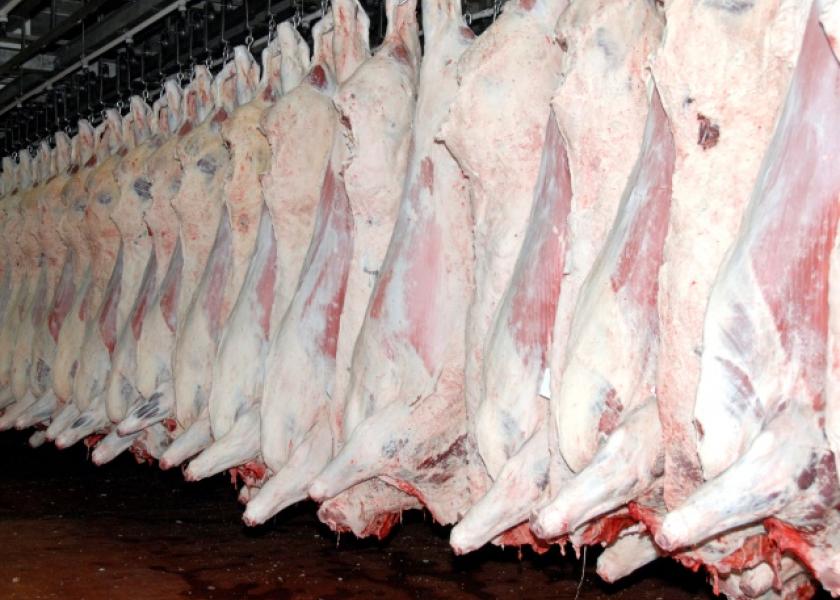Will Improving Economy Boost the Cattle Market?

The cattle market has been struggling for several consecutive months, but you wouldn't know it by the beef prices consumers have been paying at the grocery store.
Tom Grisafi of Advanced Trading agrees there is a disconnect between what producers are being paid for cattle and what consumers are paying for beef. And, unfortunately for producers, it's adding downside pressure to the already struggling cattle market.
But recent changes in the U.S. economy could paint a different picture as America heads into grilling season. 
“Someone’s cutting a fat hog,” Grisafi said. “We need to get the prices down in the store because we know what cattle are trading for in the country, and [the retail price of beef] is not reflecting [that].”
This market dip began during record-high cattle prices years ago, according to Grisafi. “Anytime you take a market to record prices, you tell the rest of the world to produce beef,” he says. “People started going other places in the world for hamburger, and it’s like they are accelerating the downside.”
Currently there’s strong demand for chicken and pork. Grisafi says beef demand could improve in the coming months too.
“The cattle market has a couple things going for it,” he explains. “Americans aren’t going to stop eating beef. The dollar is weaker, and the stock market is almost at an all-time high.”
Grisafi says he wouldn’t speculate on the short side, but encourages beef producers to keep marketing the best they know how.
“If you own cattle you’re stuck with the low prices we have now,” he says. “They don’t store, so you have to sell. You can’t just throw it in a bin and hope the price gets better.”
Watch the AgriBusiness segment below:







